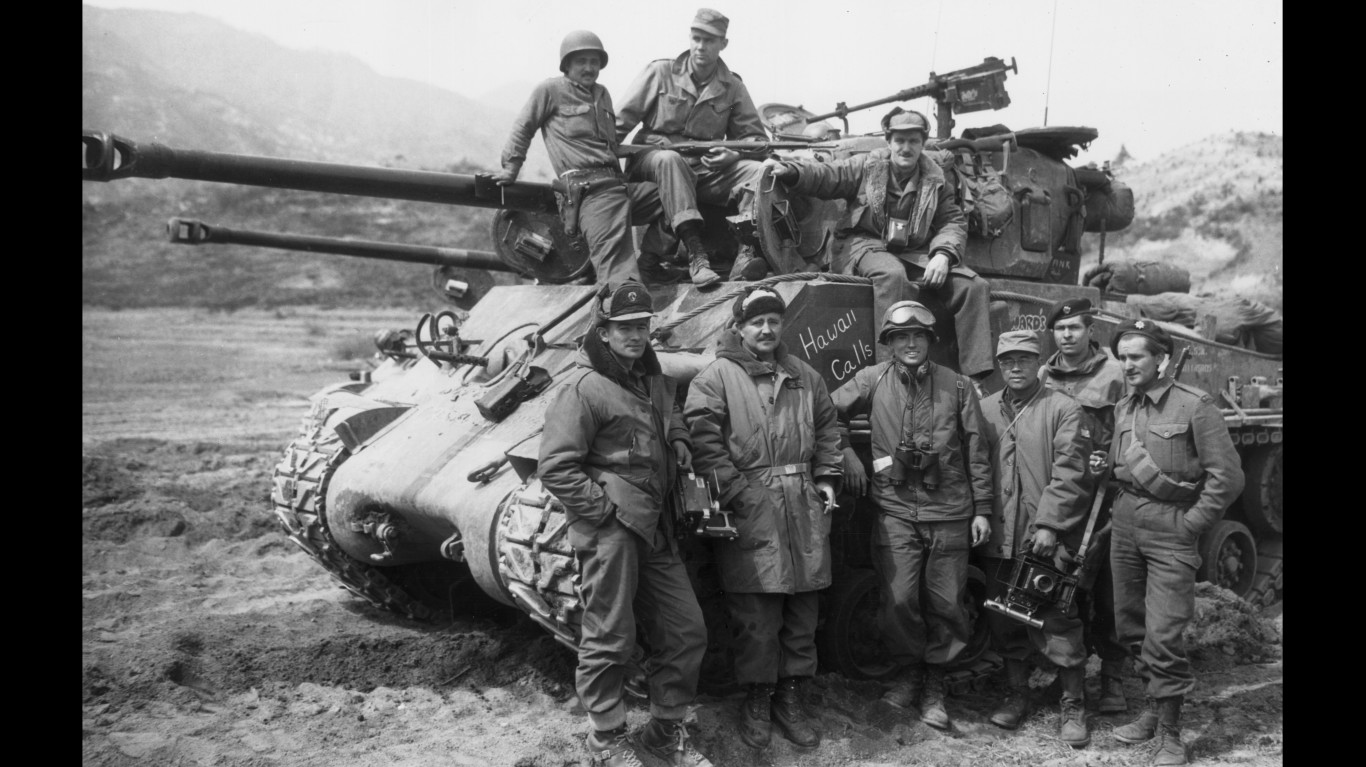
Ever since the first wars on record took place in Mesopotamia close to five centuries ago, the size of armies has grown along with human civilization. Today, nearly 28 million armed forces personnel stand at the ready globally, according to the London-based International Institute for Strategic Studies. By comparison, about 70 million soldiers fought in World War II, 42 million of them from the United States, the Soviet Union, Germany and Japan – whose armies and related services were four of the largest ever rallied to the battlefield.
To determine the largest armies in history, 24/7 Wall St. reviewed a list of military superpowers from Business Insider. Armies were ranked based on the total number of troops serving a country or empire at the point when the army was at its largest. (These are the countries with the largest militaries today.)
Six Chinese dynasties assembled some of history’s largest fighting forces, ranging from the 575,000 troops in the ninth-century Tang Dynasty to the 1,300,000 million fielded by the Ming Dynasty in the 1500s. (Troop numbers in the People’s Republic of China peaked in 1980 with nearly 4.9 million soldiers, the eighth-largest fighting force ever assembled.)
Click here to see the largest armies in history
More recently, South Korea formed the seventh largest army in history, estimated at 5.2 million soldiers in 2000, in order to keep its northern adversary in check. Together with North Korea’s 9,495,000 troops, that makes the Korean Peninsula the hottest military zone on the planet based on the number of boots on the ground. (In contrast, these are nations without a military.)
19. Tang Dynasty
> Troops: 575,000
> Circa: 800
[in-text-ad]
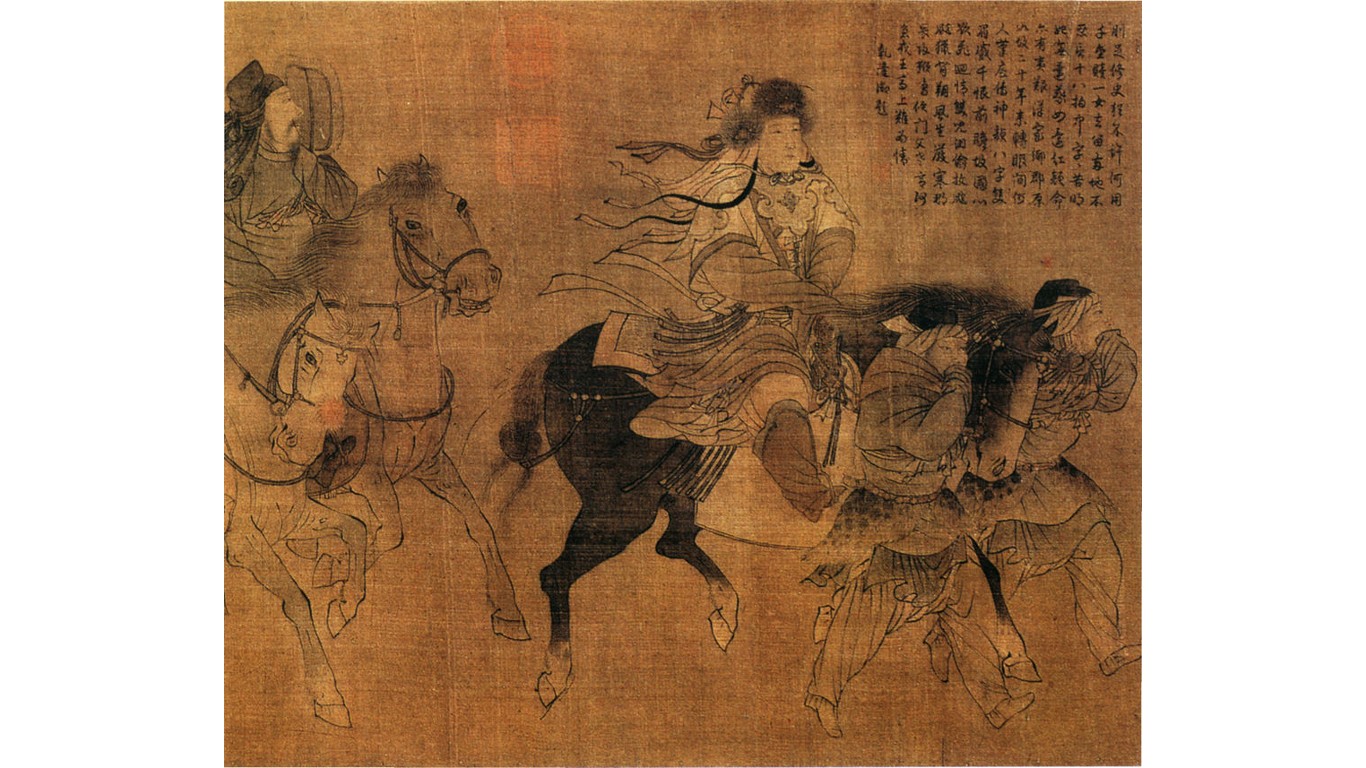
18. Jin Dynasty
> Troops: 600,000
> Circa: 1200
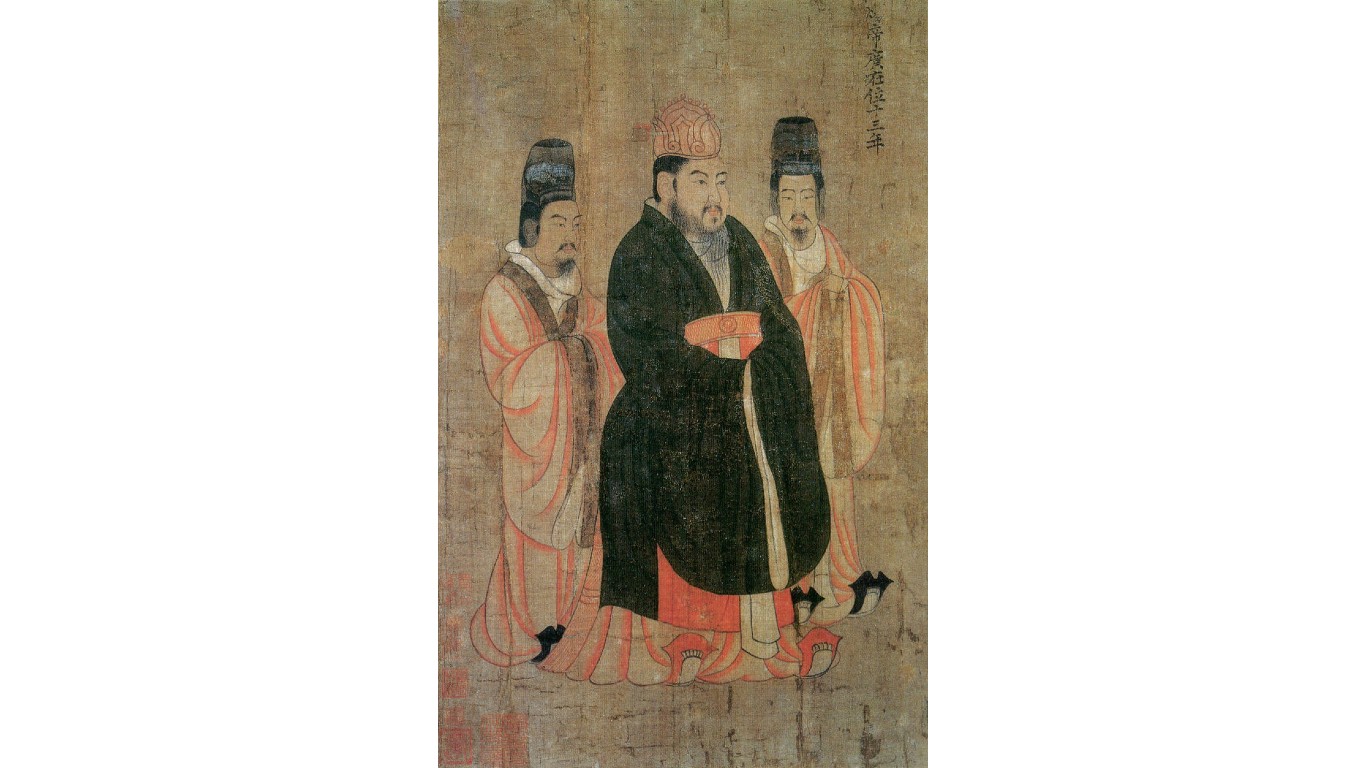
17. Sui Dynasty
> Troops: 650,000
> Circa: 600
[in-text-ad-2]

16. Song Dynasty
> Troops: 810,000
> Circa: 1000
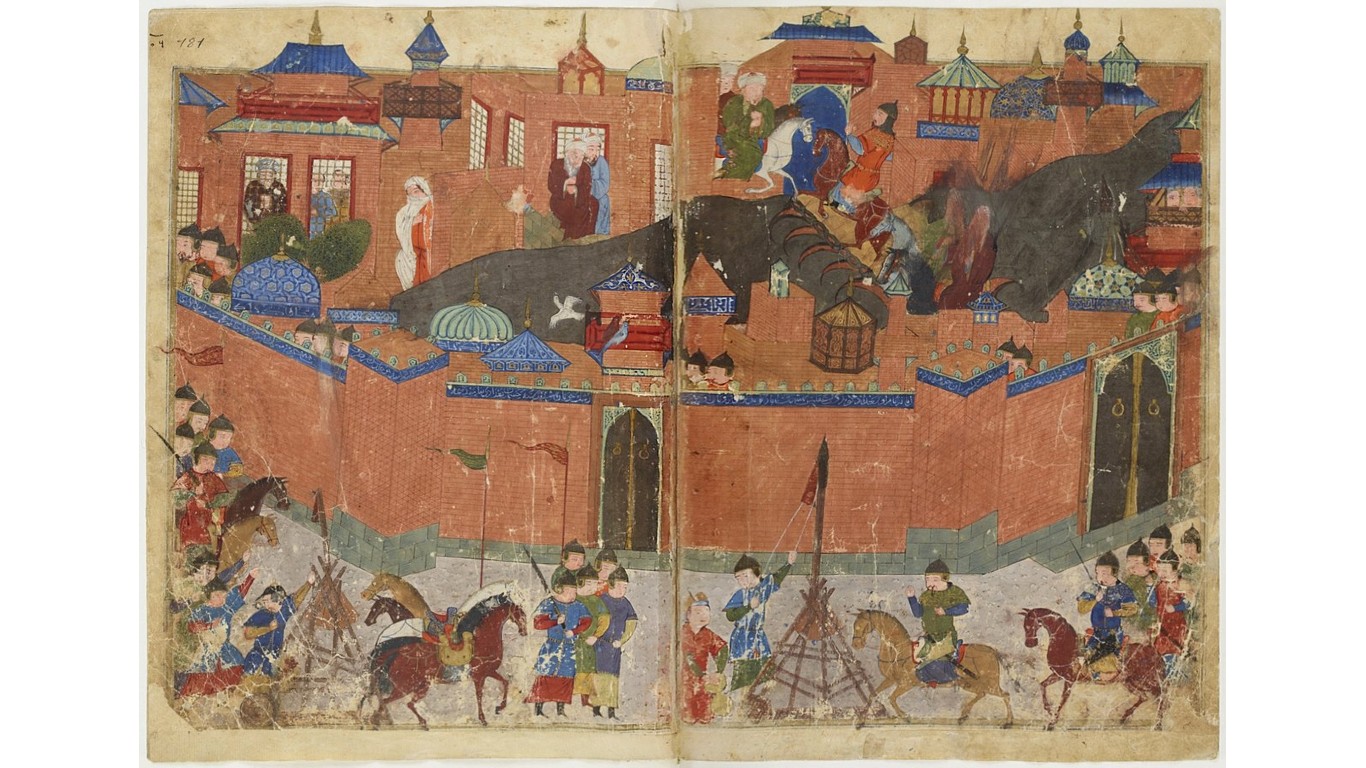
15. Mongol Empire
> Troops: 900,000
> Circa: 1300
[in-text-ad]
14. Mughal Empire
> Troops: 900,000
> Circa: 1700

13. Qing Dynasty
> Troops: 1,100,000
> Circa: 1850
12. Ming Dynasty
> Troops: 1,300,000
> Circa: 1500
[in-text-ad-2]

11. Russian Empire
> Troops: 1,500,000
> Circa: 1910

10. United States (Union)
> Troops: 2,100,000
> Circa: 1865
[in-text-ad]
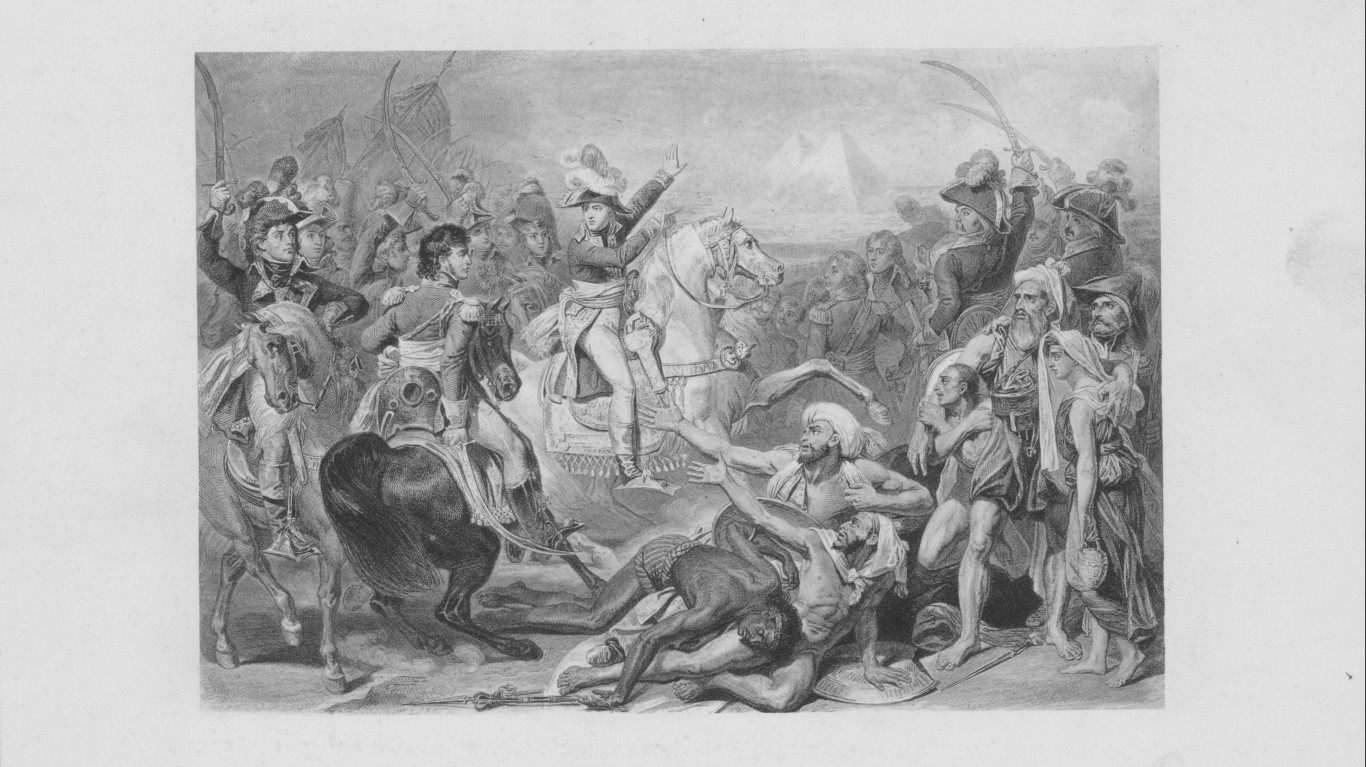
9. French Empire
> Troops: 2,500,000
> Circa: 1800
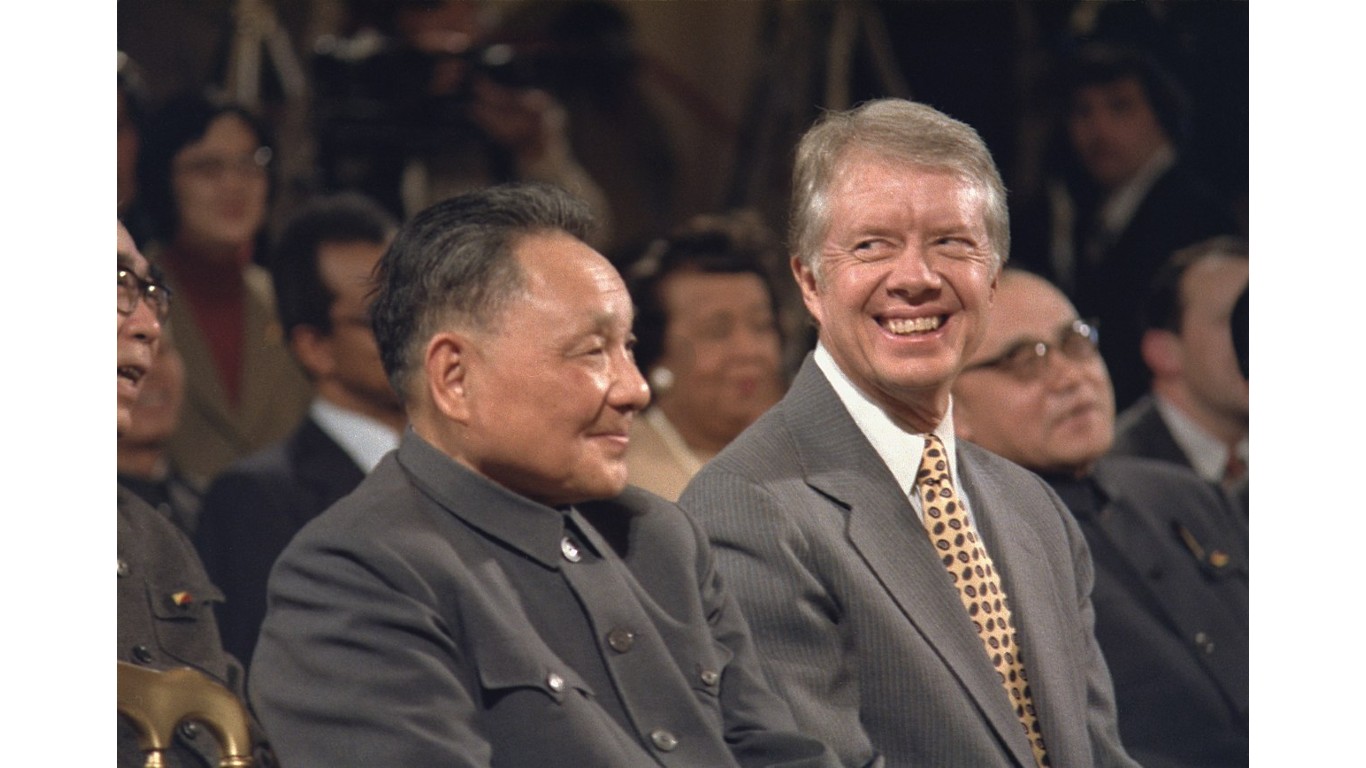
8. People’s Republic of China
> Troops: 4,850,000
> Circa: 1980
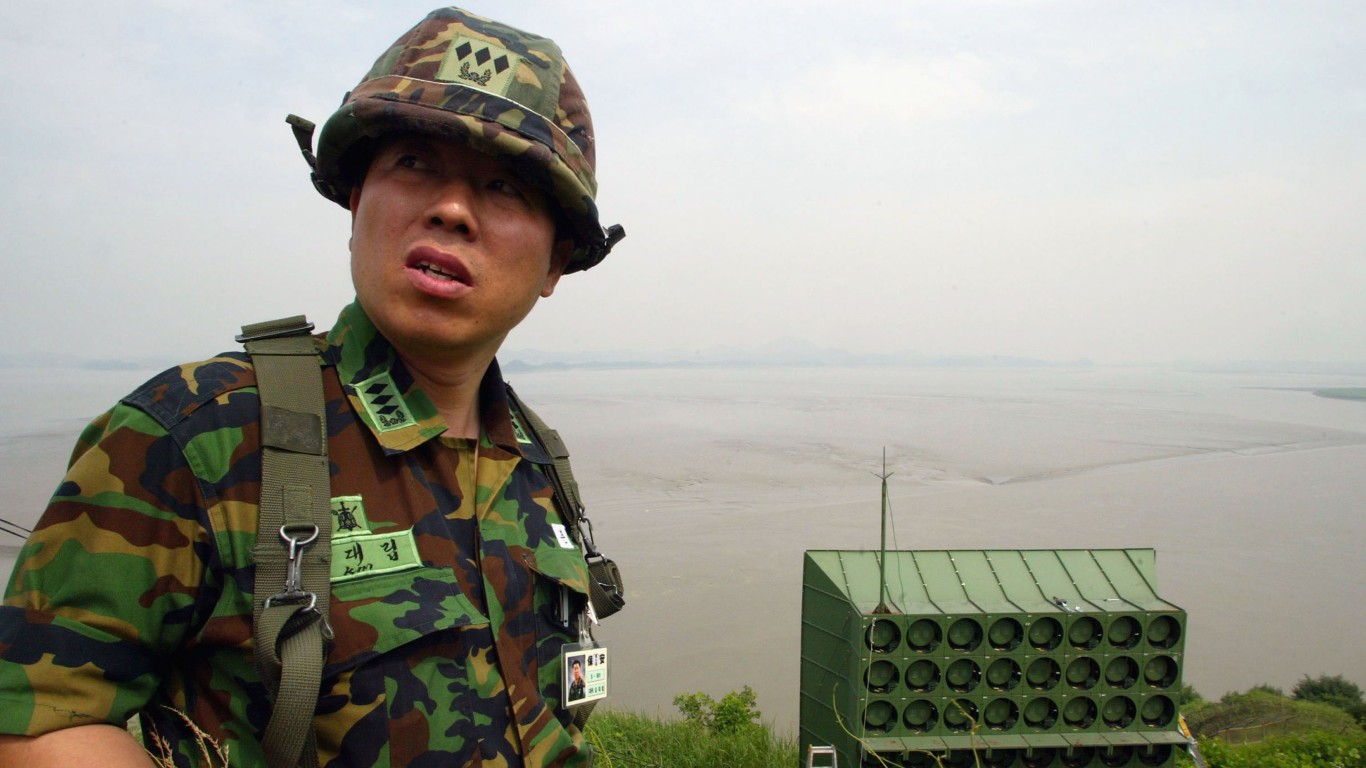
7. South Korea
> Troops: 5,190,000
> Circa: 2000
[in-text-ad-2]

6. German Empire
> Troops: 5,300,000
> Circa: 1918

5. Japanese Empire
> Troops: 6,983,000
> Circa: Aug. 1945
[in-text-ad]

4. North Korea
> Troops: 9,495,000
> Circa: 2014

3. Soviet Union
> Troops: 11,000,000
> Circa: June 1943

2. German Reich
> Troops: 12,070,000
> Circa: June 1944
[in-text-ad-2]

1. United States
> Troops: 12,209,000
> Circa: Aug. 1945
Cash Back Credit Cards Have Never Been This Good
Credit card companies are at war, handing out free rewards and benefits to win the best customers. A good cash back card can be worth thousands of dollars a year in free money, not to mention other perks like travel, insurance, and access to fancy lounges. See our top picks for the best credit cards today. You won’t want to miss some of these offers.
Flywheel Publishing has partnered with CardRatings for our coverage of credit card products. Flywheel Publishing and CardRatings may receive a commission from card issuers.
Thank you for reading! Have some feedback for us?
Contact the 24/7 Wall St. editorial team.
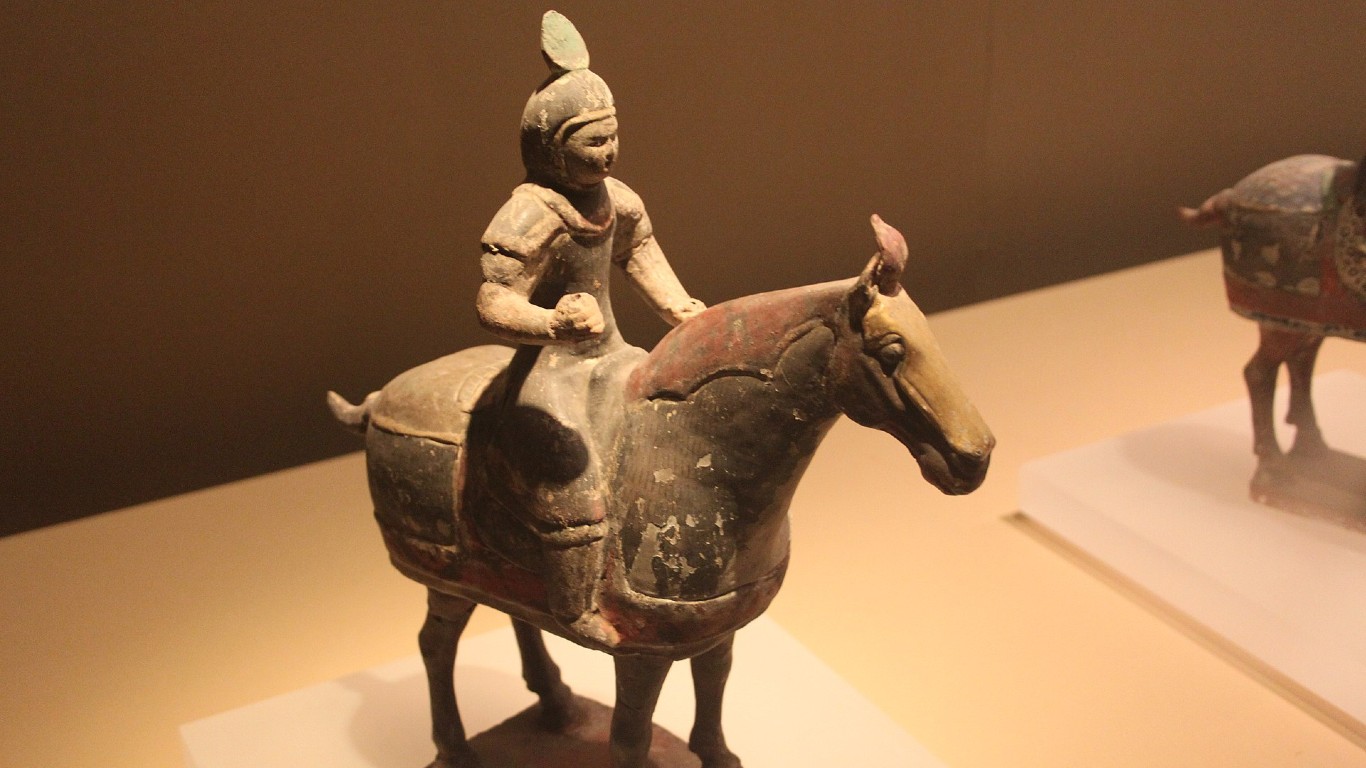


 24/7 Wall St.
24/7 Wall St.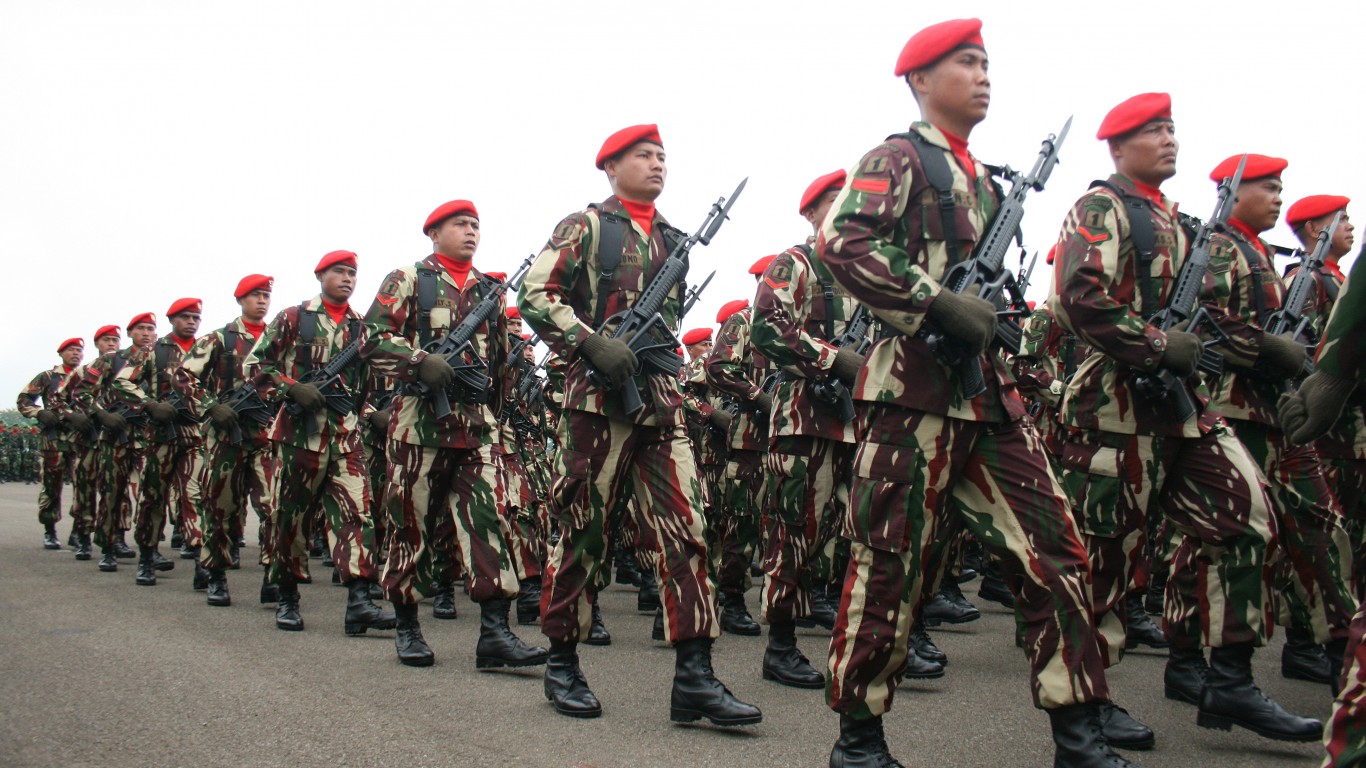 24/7 Wall St.
24/7 Wall St.